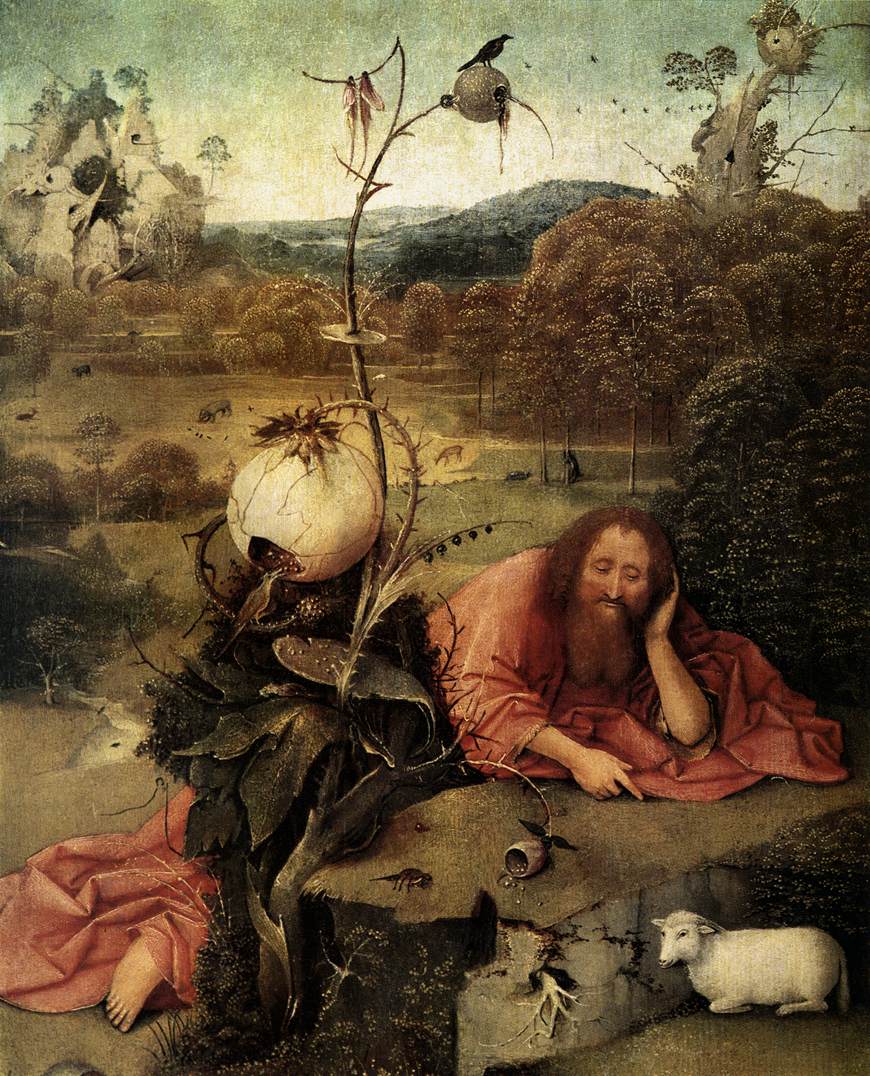Who Will Win in November?
TRUMP is the likely winner in November. He’s already elected, barring injury or death.
Here’s a comment I found on Gab, edited, that predicts what is in store with Trump:
“My guess is the cabal will reinstall Trump in their November ritual. They need the Pied Piper of the goyim on the American (((right))) to maneuver them into whatever ops are planned. The goyim would be less pliable under a Democrat and 2025-29 is too important for the cabal to deal with resistance. With the (((left))) agitated they’ll be able to get big disruptions and chaos … in urban areas. Meanwhile Trump can be used for all the massive ops coming: Freedom cities, Disease X, draft for Middle East war for Greater Israel, negotiated (((peace))) to settle Ukraine war hoax and establish heavenly Jerusalem (Khazaria), market crash, grid down, perhaps martial law, food chain take over, shift back from border flood to “legal” immigration flood, and even the more outlandish possibilities like alien invasion. They can ramp up the mass shooting hoaxes under Trump to put the right in a bad spot and Trump will be made to cave quickly. I think Trump will sell out the goyim so fast and across the board it will be a thing to behold. There will be no restraint to it. He will complete most of agenda 2030 with total obedience to his masters.”
The Snake
Donald Trump’s favorite poem
On her way to work one morning
Down the path alongside the lake
A tender-hearted woman saw a poor half-frozen snake. (more…)





